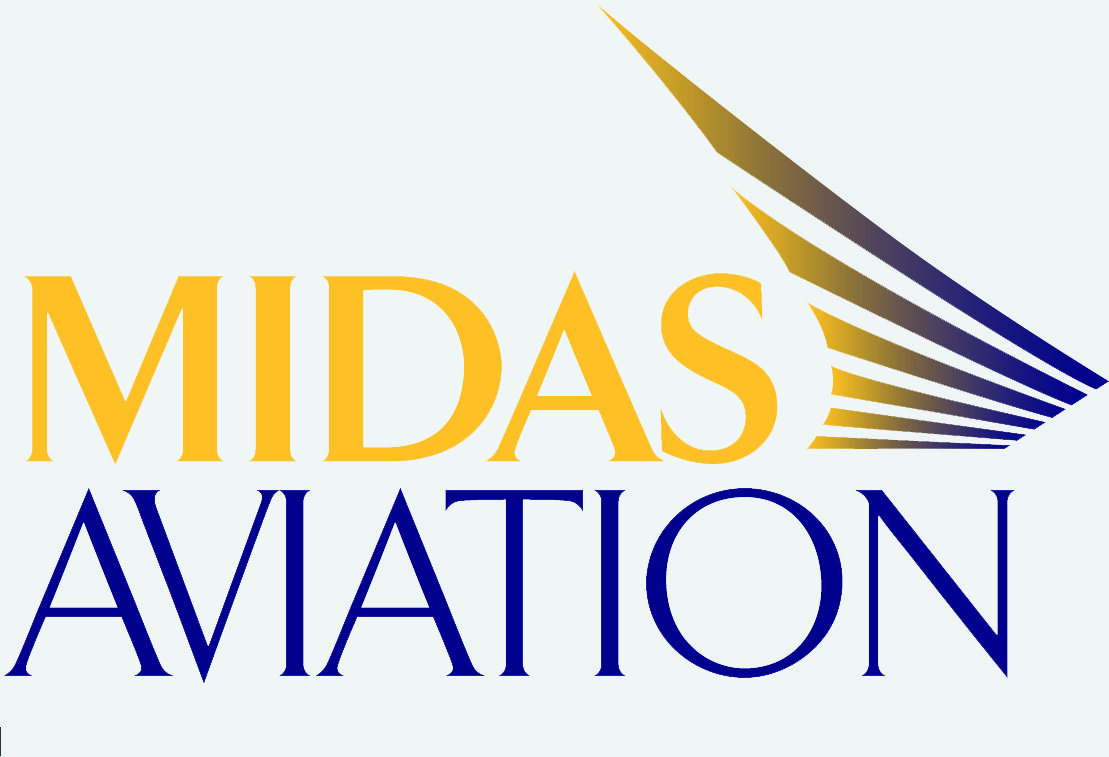Just how big is sports tourism?
My friend Angela started running a number of years ago and is now obsessed: she’s up at 5:30am to get a decent run in before work. She’s now taken part in numerous marathons and has even run the famous Comrades Marathon, twice. Dubbed the ‘ultimate human race’, it’s a gruelling 89 kilometer run in South Africa and the first ultramarathon. Hero or mad woman? She was telling me recently that soon she will be off to Boston for the marathon, which got me thinking about international sports tourism - both the kind where you participate and also the kind where you are a spectator. Like many others, having got her place in the event her attitude to the flights there and back is fairly price inelastic; the dates are fixed and she will pay what it takes. Later in the year she’ll be off to Chicago for their marathon too, so that’s a minimum of four flights plus a week of hotels and meals for each event.. Total expenditure is clearly in the thousands.
For much of the past few years, I’ve been studying the Chinese outbound travel market, which was estimated to be around 160 million trips this year – that was before COVID-19; it may come in at a bit less now. There are numerous reports and studies available which break down the socio-demographic profile of Chinese travellers and their evolving preferences for international travel. Similarly, there are plenty of analyses of Millennials and Generation Z and how their preferences will affect travel and tourism.
Both the Chinese outbound market and Millennials and GenZ are sizeable and influential consumer groups and worth understanding but why have I seen so few studies about sports tourism? Maybe this is because it is a fragmented market. Maybe it’s still considered niche. But look around and we probably all know people travelling to attend a Rugby World Cup event, an international football game, an international cricket match, or run a marathon. What statistics there are give pause for thought. FC Barcelona estimates that 10,000 of the 78,000 average weekend League game attendees are one-off visitors from outside Spain. Japan’s 2019 Rugby World Cup expected 400,000 international visitors. 26% of the nearly 27,000 runners who finished the last Boston Marathon were from outside the United States.
Digging around on the internet I found reports that sports travel could be worth £610 billion[1] and that it could even account for 10% of all international travel and tourism receipts. If this is so, then do we need to find a better way to capture what this market is all about? Airports often survey passengers and the ‘purpose of travel’ question often gets no further than a ‘business’, ’leisure’ or ‘visiting friends and relatives’ option. I wonder if there are any airports, or indeed airlines, which ask more specific questions and could give an estimate as to the number of people flying for sports related activities?
In the current environment, with concern about Coronvirus, the value of sporting events may be measured in lost expenditures and lost economic impact. A number of high profile events due to take place in the next few months have been cancelled and just a few days ago the mass participation element of the Tokyo Marathon on 1st March was cancelled due to coronavirus, although the elite races went ahead. Having invested so much in hosting the 2020 Olympic Games, what will be the cost to the Japanese economy should the Olympics be cancelled due to COVID-19? Of course, the IOC so far has said the Games will go ahead.
July is still some months away and much can change in that time. What we know from the London Olympics is that while many fans were drawn to the event as tourists, it also put some visitors off due to the higher-than-usual air fares and hotel prices and the prospect of crowded tourism sites. However, a year later, visitors were back en masse and London benefitted from the blanket media coverage which made the city even more of a must-see destination. With Japan already on many a bucket-list let’s hope that sports tourists and other tourists alike will find a way to make it to Japan.

